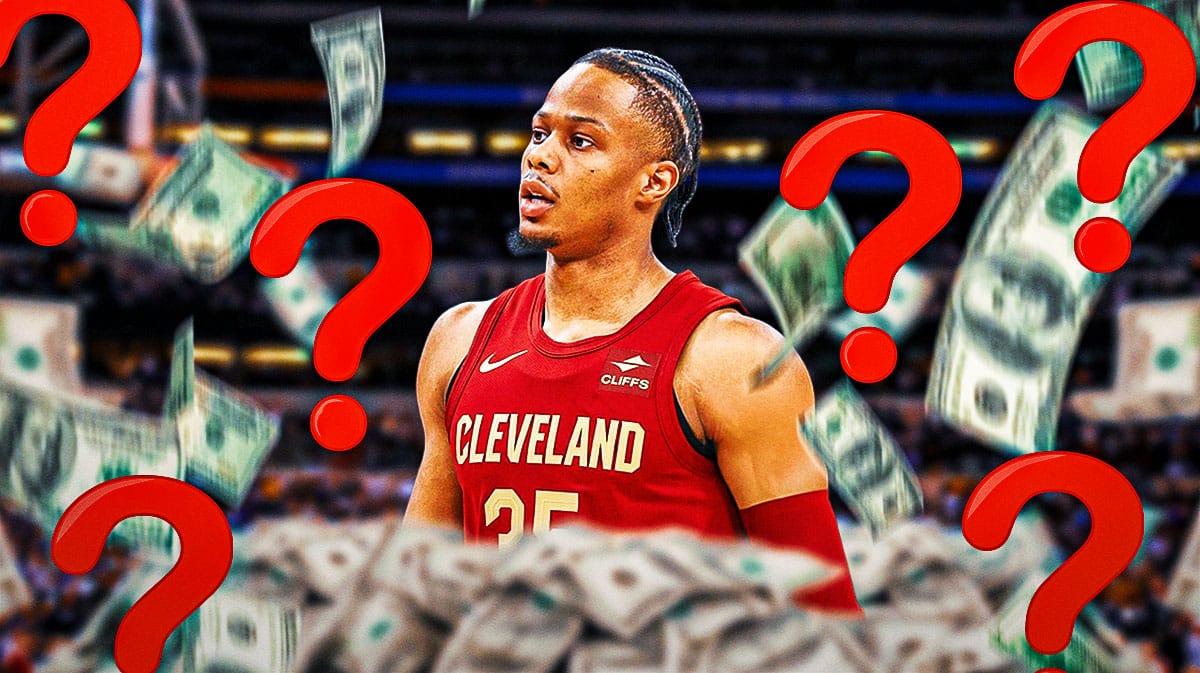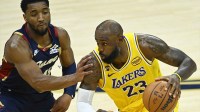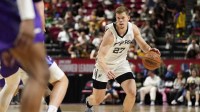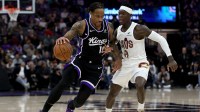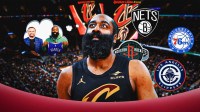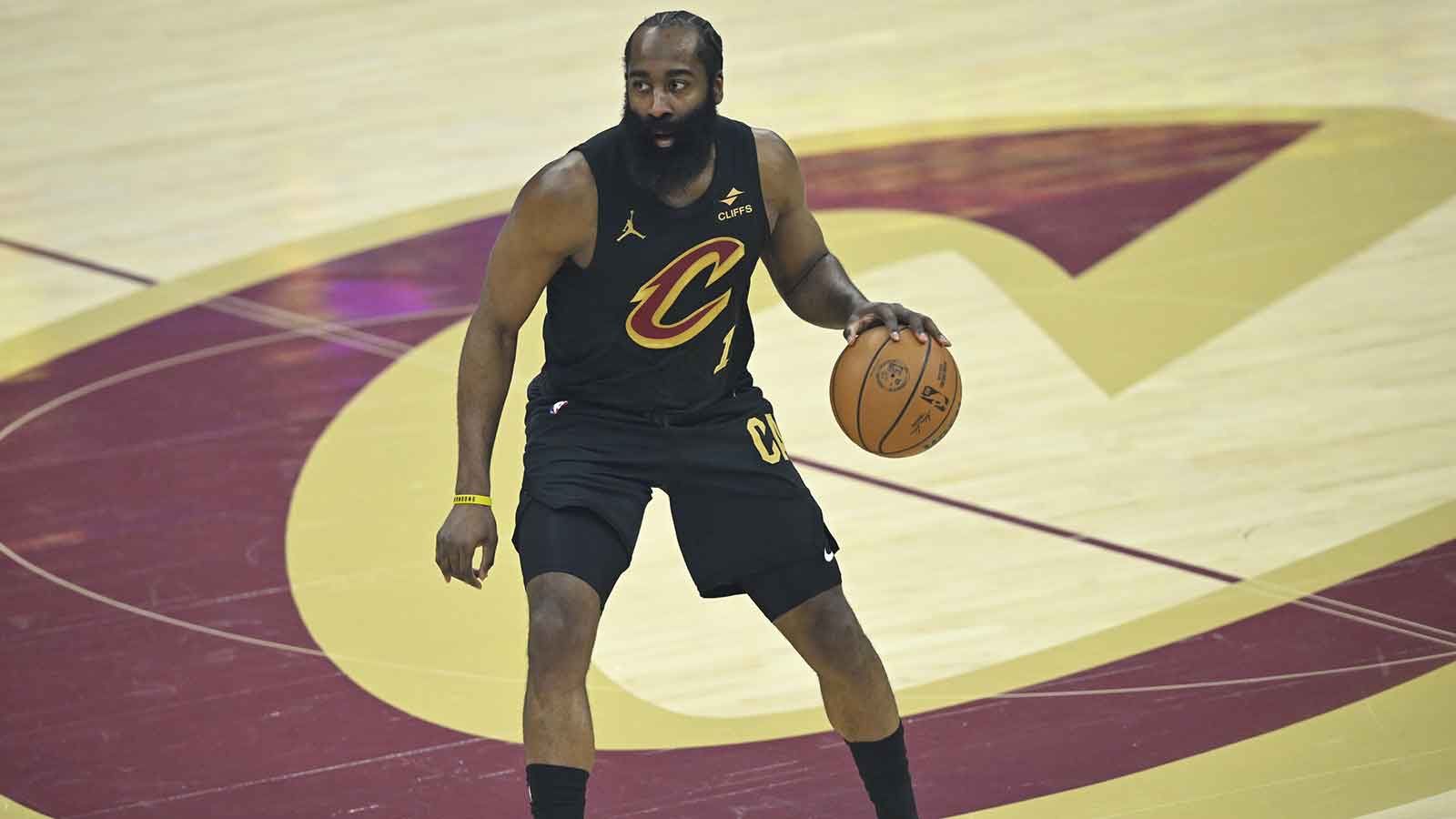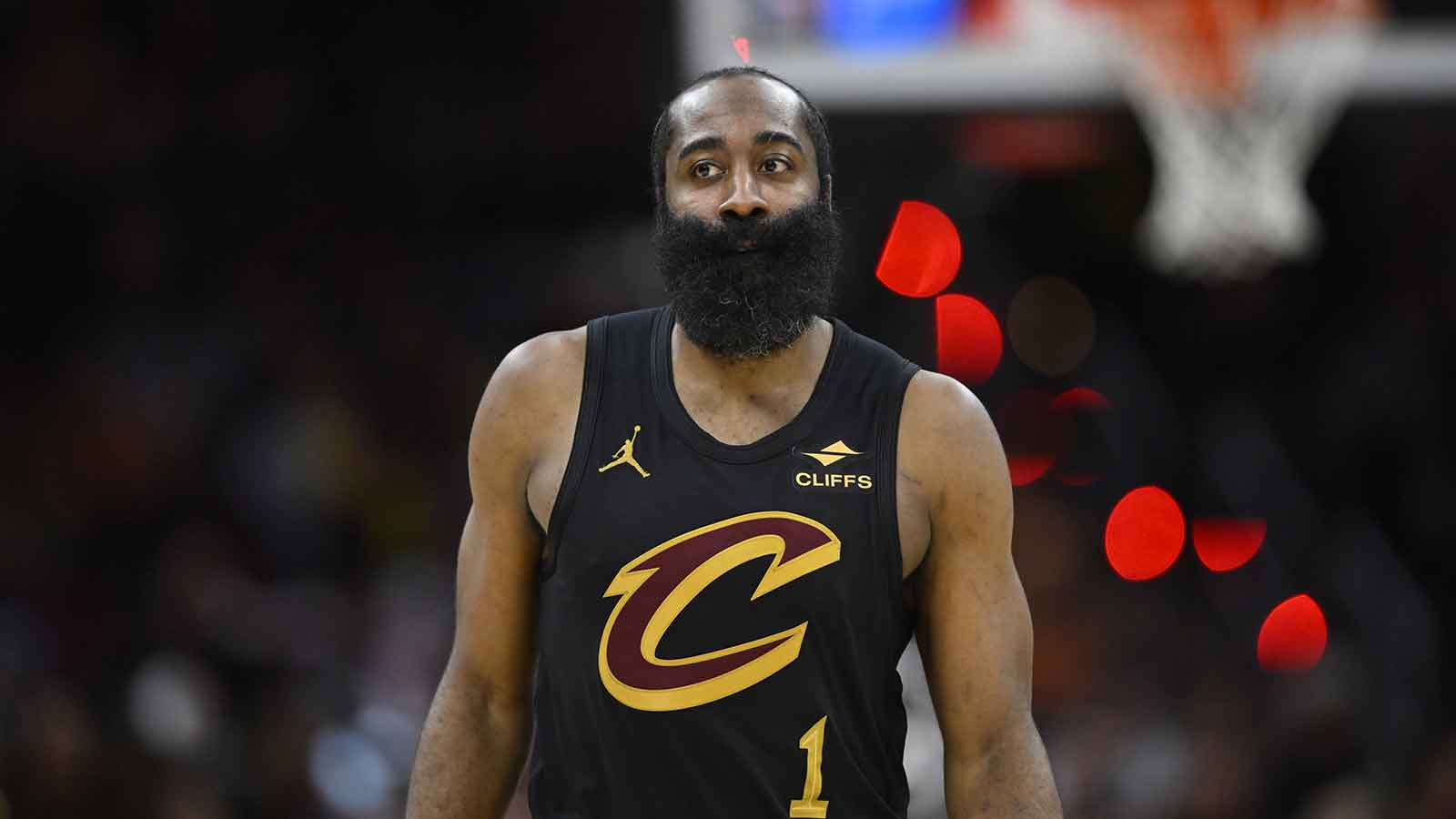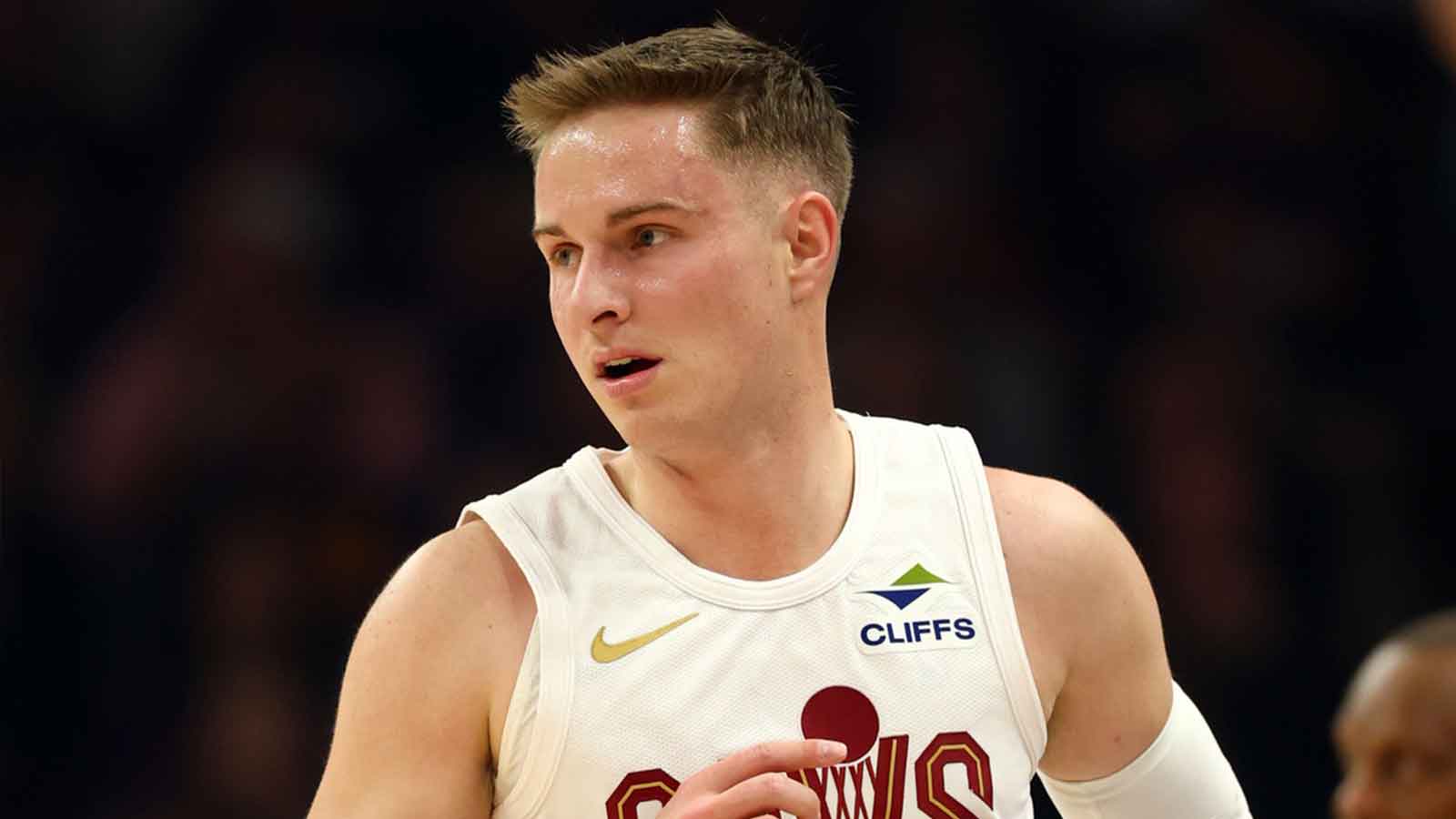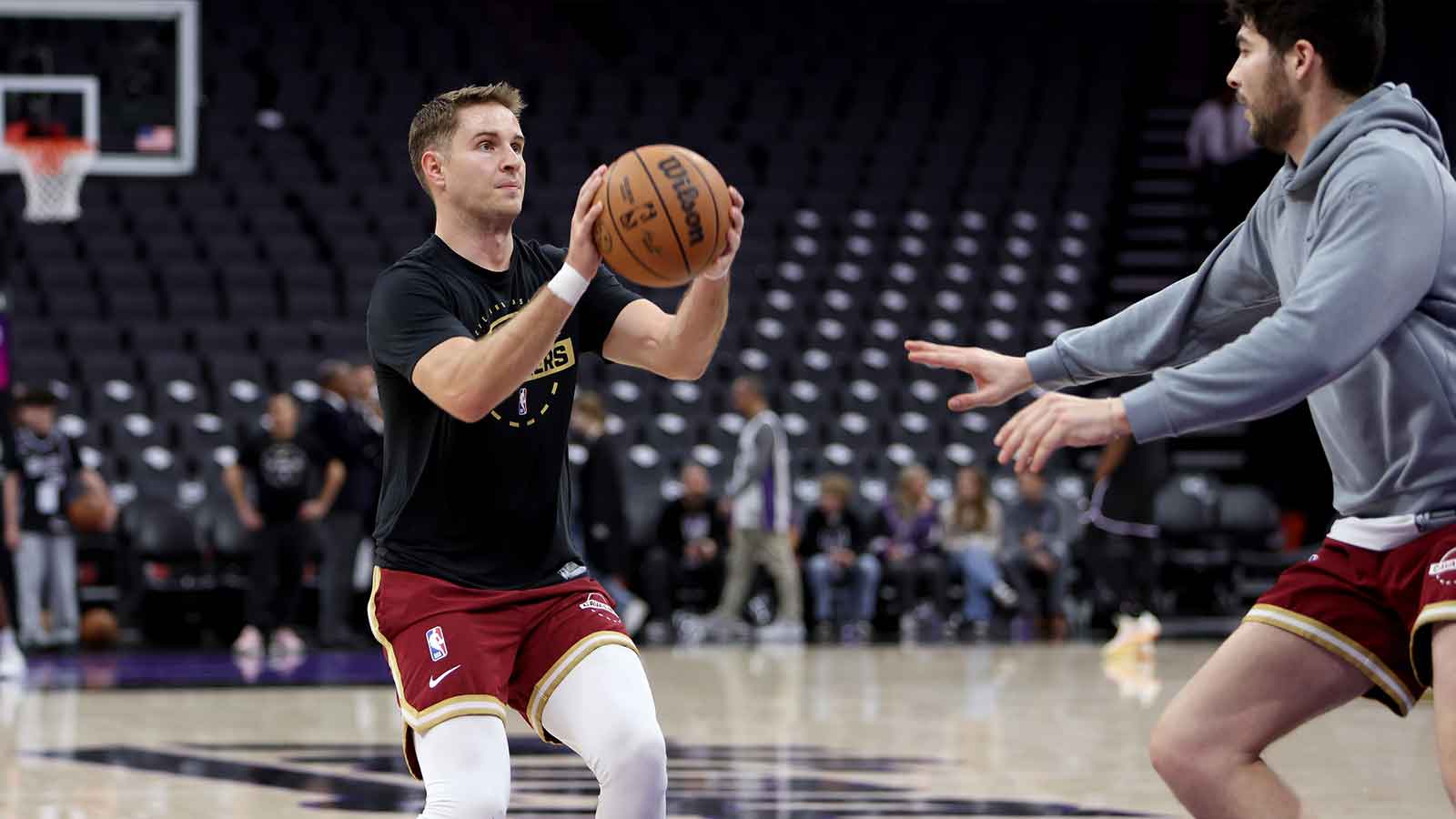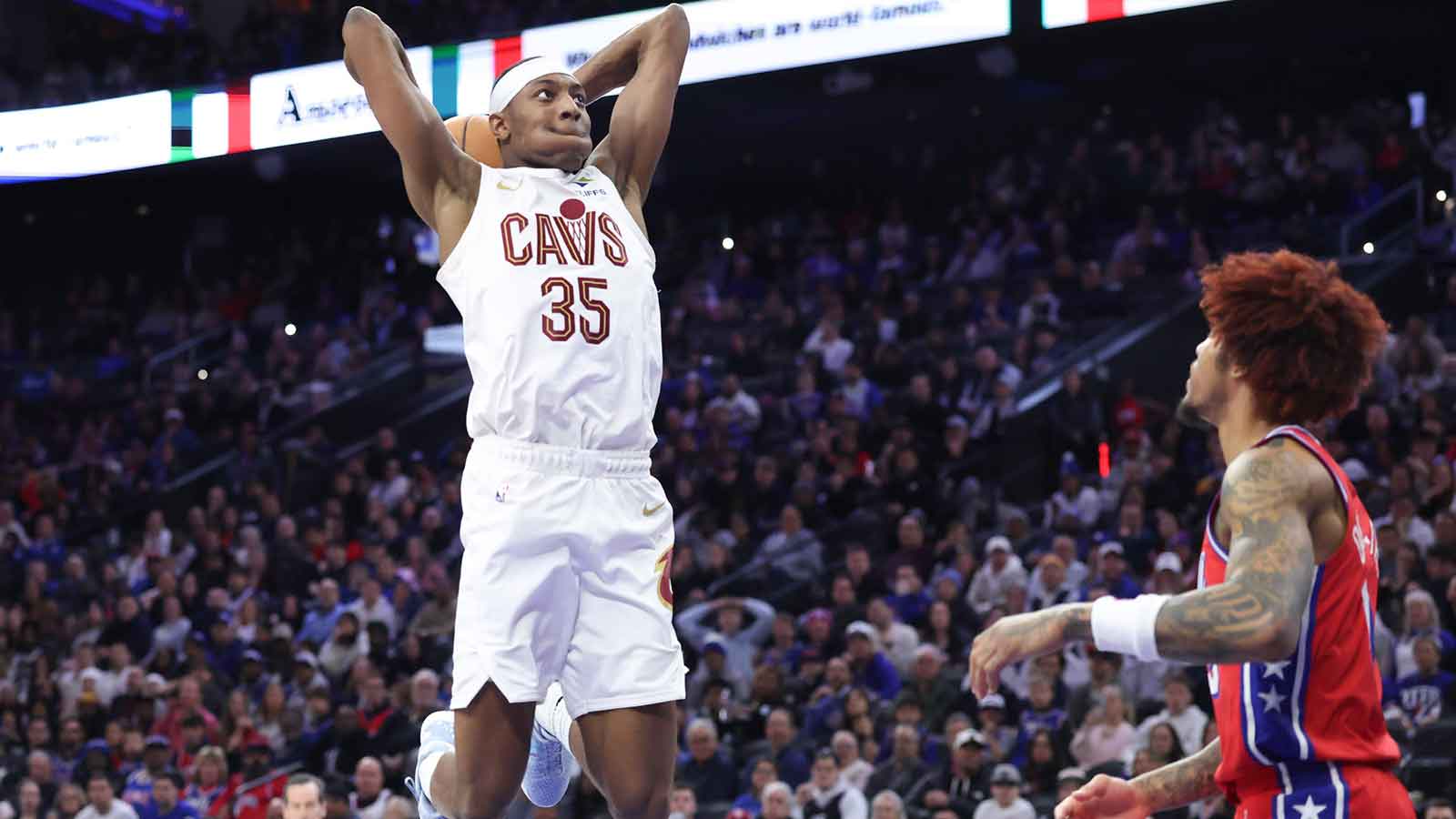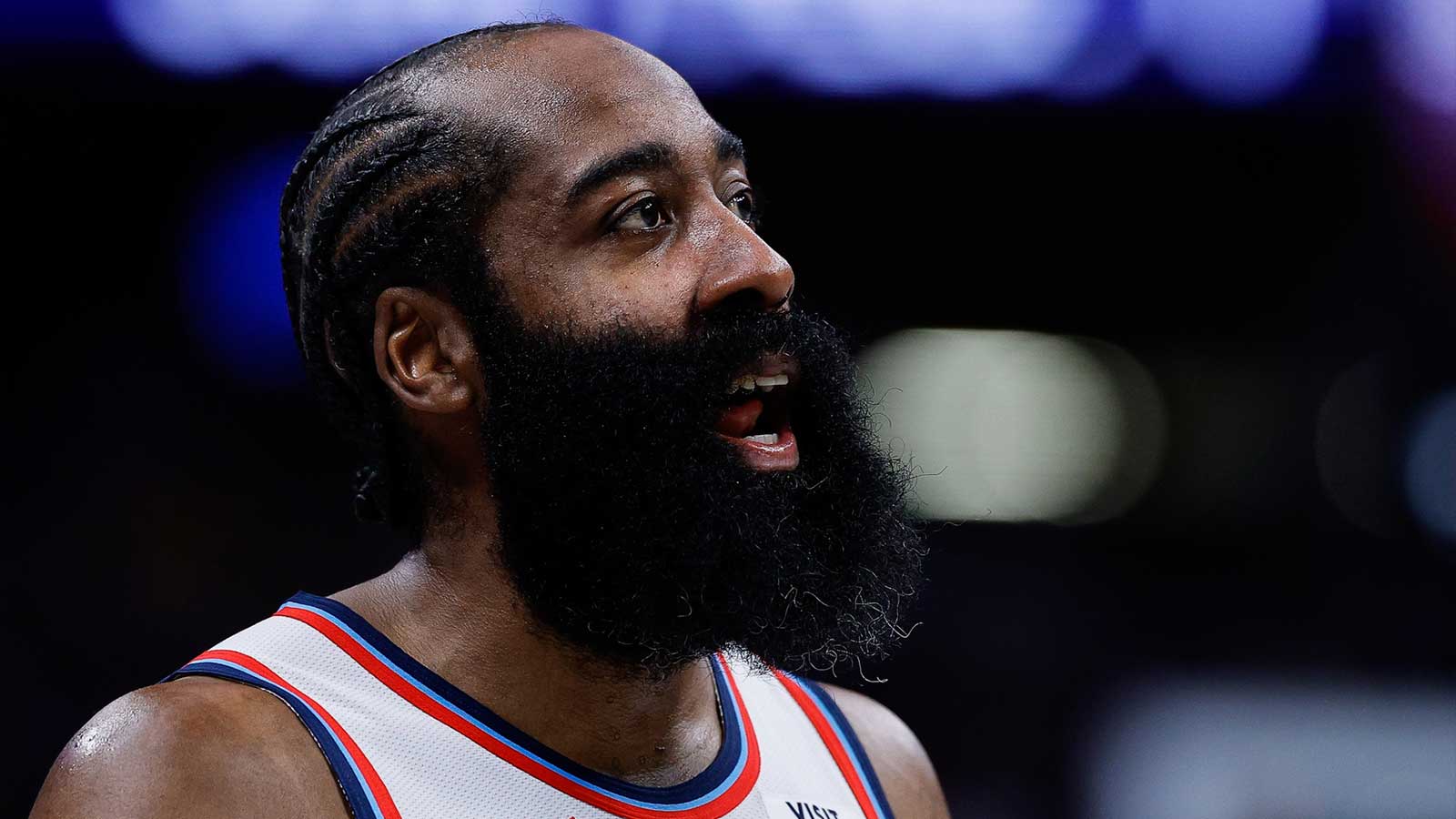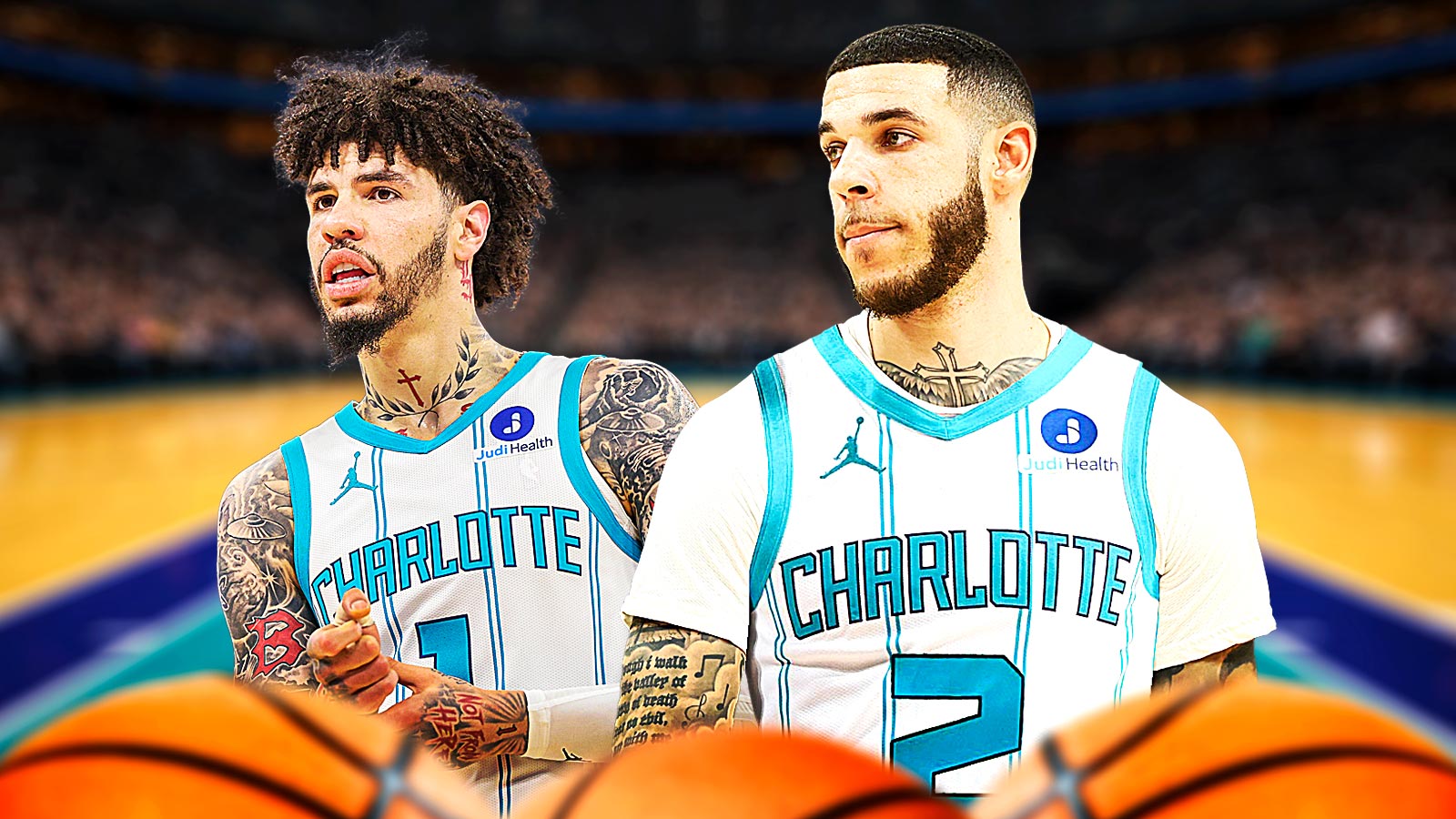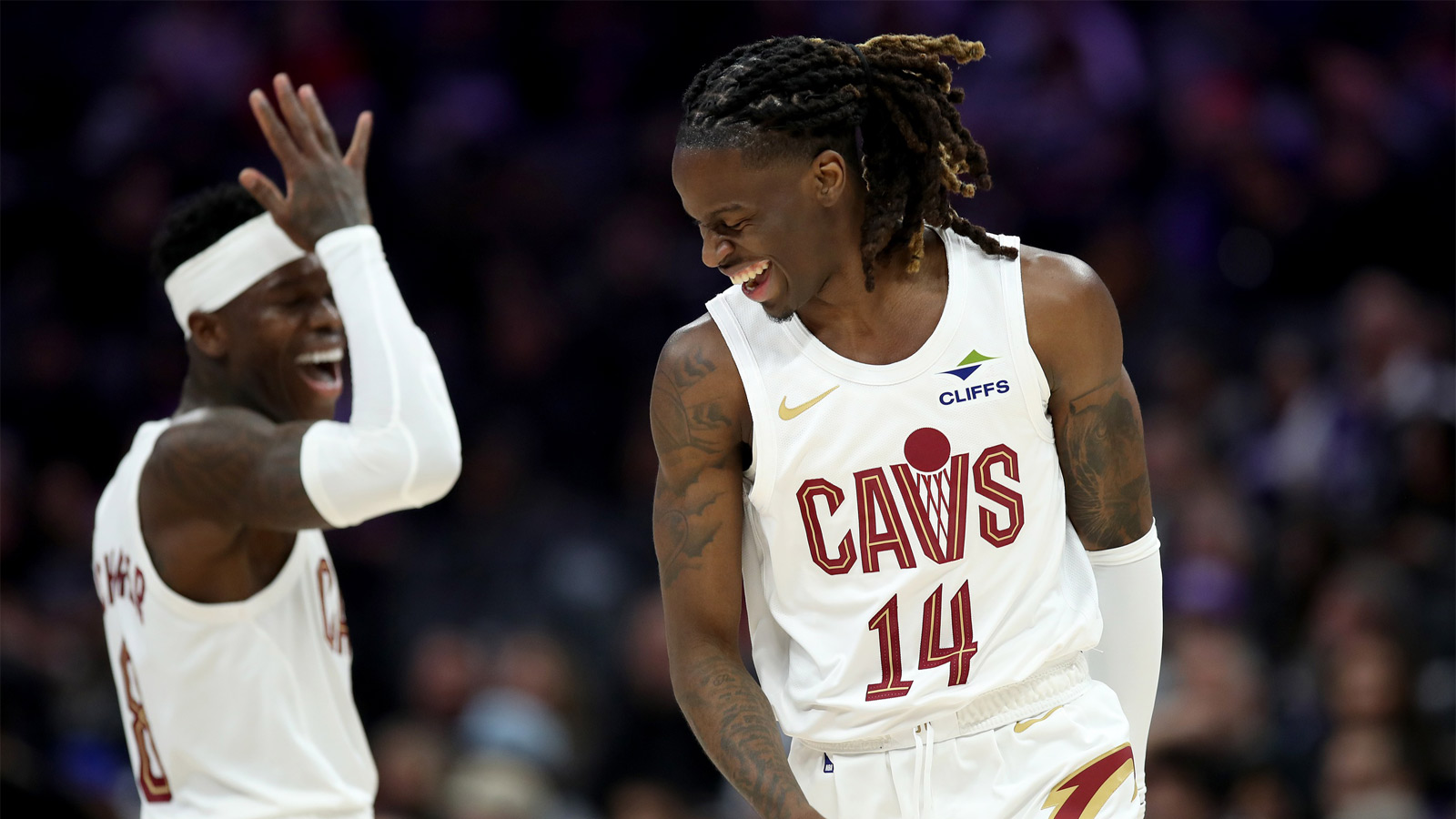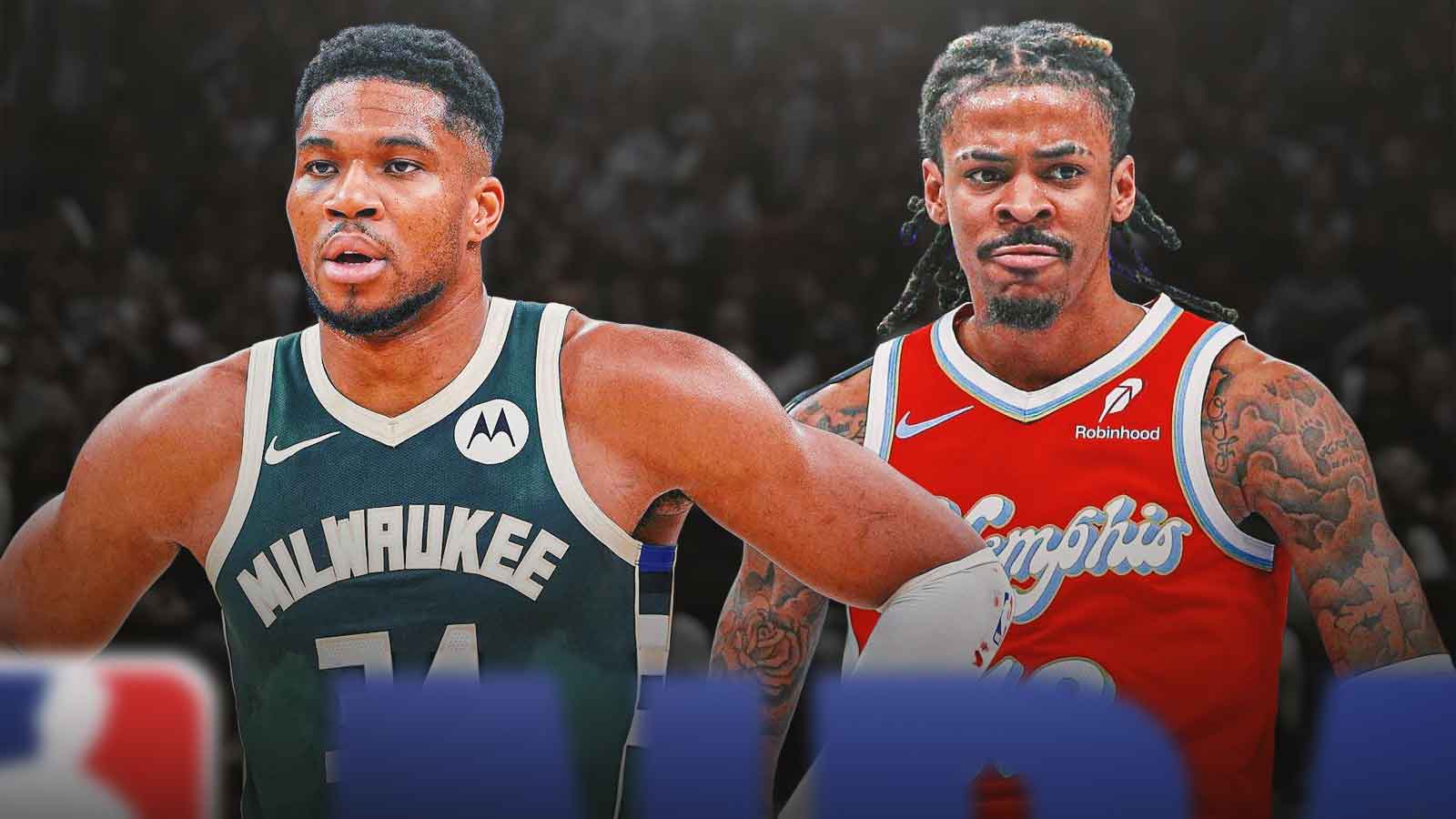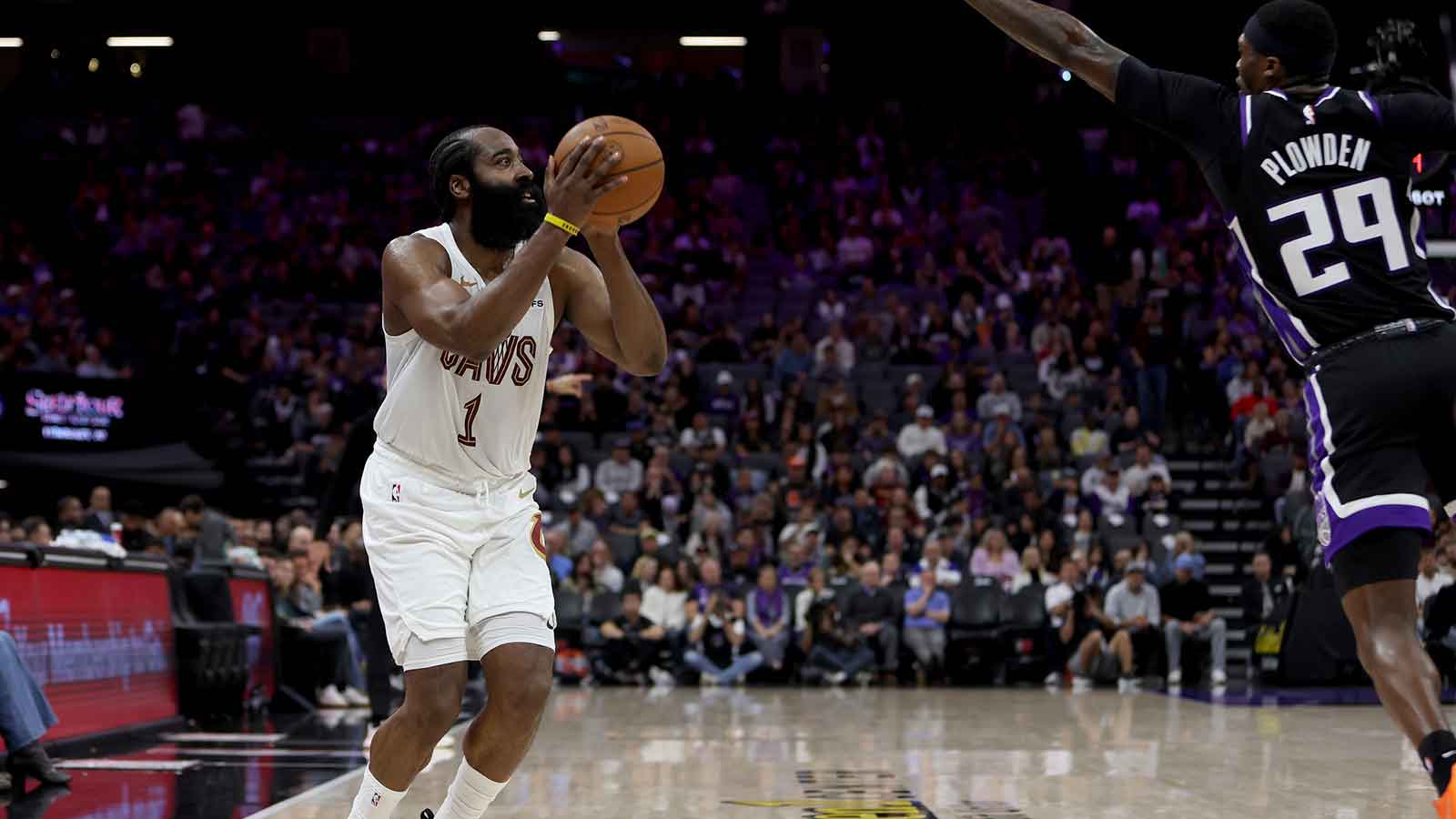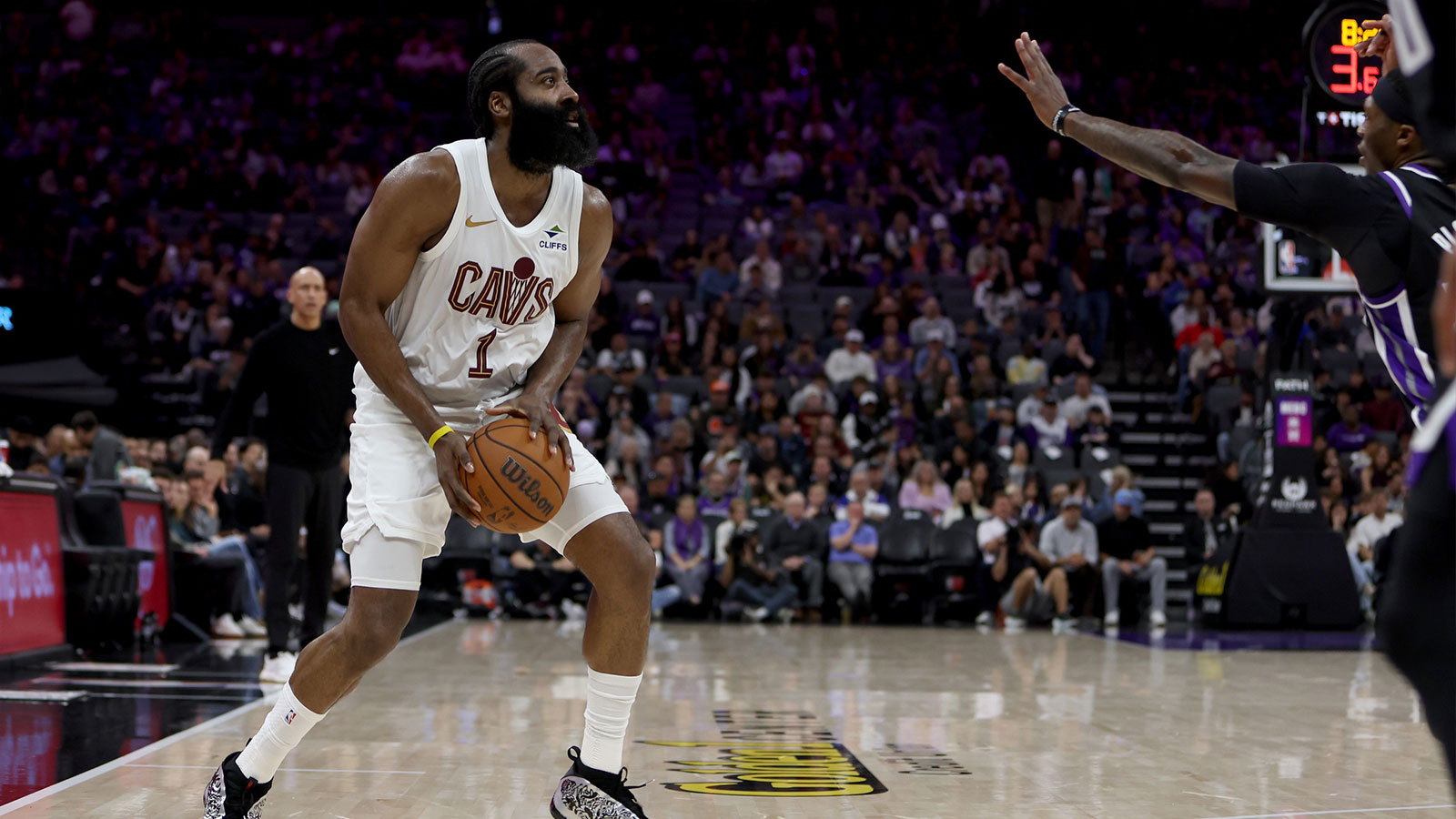When NBA free agency opens for the Cleveland Cavaliers, there will be a question on the front office's mind: What will they do with Isaac Okoro? Although Cleveland tendered a $11.8 million qualifying offer for Okoro, making him a restricted free agent, the Cavs have to debate whether or not the cost is worth keeping him.
Due to the double-edged nature of restricted free agency, Cleveland has the luxury of the option to match any offer Okoro receives from an opposing team. However, the $11.8 million qualifying offer more or less serves as the baseline financially for Okoro. That means that in free agency, neither Okoro nor his representation will accept a four-year, $28 million deal since it would be more cost-effective for him to accept the qualifying offer, gamble on his play next season, and then sign for top dollar as an unrestricted free agent next summer.
However, considering the mixture of Okoro's blend of youth, athleticism, perimeter defense, and upside, he won't be getting an offer that low. Instead, if the Cavs let Okoro test the waters of restricted free agency, an opposing team could make an offer that throws a wrench in everything Cleveland is trying to build.
Why everything hinges on Isaac Okoro's next move
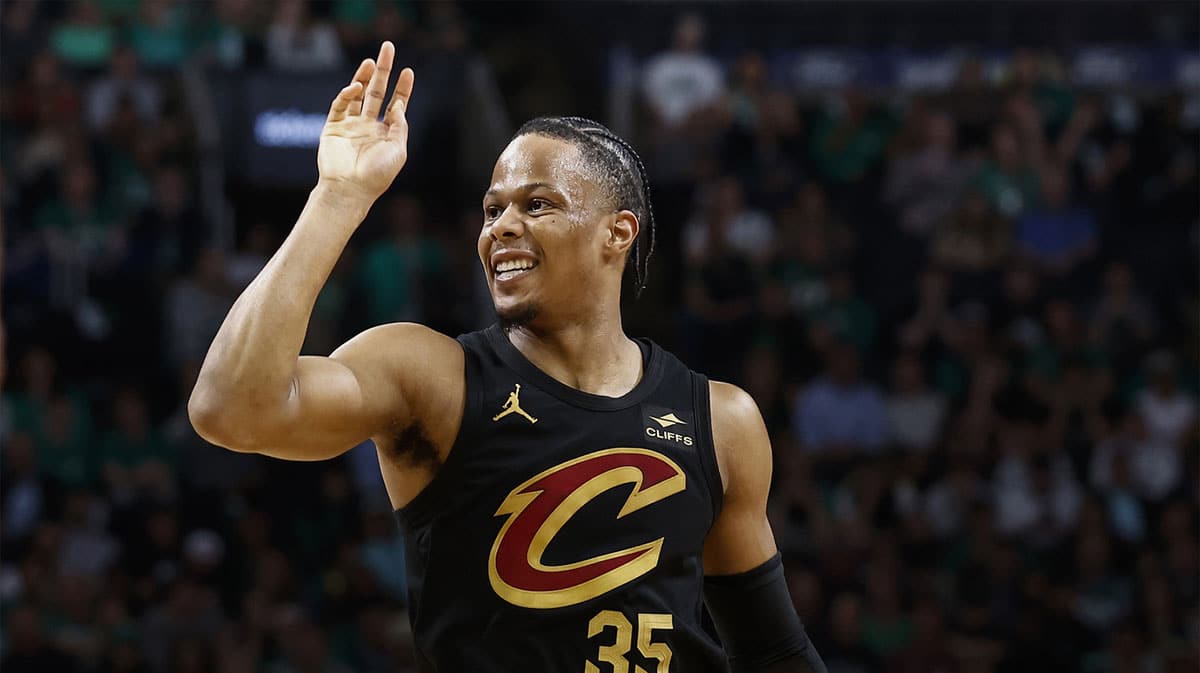
At surface level, the $11.8 million qualifying offer for Okoro has Cleveland roughly $6 million below the first luxury tax apron, limiting their other free agency options. Crossing that first apron limits teams from:
- Acquiring a player via sign-and-trade.
- Using any portion of the bi-annual exception.
- Using more than the taxpayer portion (up to two years, with a starting salary of $5.25 million) of the mid-level exception.
- Signing a player who was waived during the current season if his pre-waiver salary for 2024-25 exceeded the amount of the non-taxpayer mid-level exception ($12.865 million).
Finally, there's also the issue of the Cavs being unable to take back more salary in a trade if they cross the first luxury tax apron. Last season, teams stuck in the first apron could not take back more than 110% of the salary it sends out in a trade. While the percentage for the 2024-25 season still isn't set, Cleveland still would be unable to get creative in trades, possibly sending out less salary to get a more talented player.
So that's where the Cavs' cost of keeping Okoro comes into full focus. In a perfect world, Cleveland and Okoro could agree to a four-year, $44 million contract, with the first year being the cheapest and gradually getting more expensive as time goes on. That would give the Cavs more wiggle room to sign a free agent that completes their rotation while keeping Okoro, their best point-of-attack defender, on the roster.
While that's all well and good, it remains to be seen what Okoro and his camp are willing to agree to in free agency. Outside of headliners like LeBron James, Paul George, and DeMar DeRozan, Okoro is arguably the best role-playing wing on the free agency market. That could make the juice not worth the squeeze for Cleveland and lead to a possible sign-and-trade, which is another can of worms.
Either way, what happens with Okoro will dictate how the Cavs can navigate free agency. Of course, they'd love to keep him, especially with what he brings to the team, but Cleveland may have to say goodbye since they need to level up into a title threat. If that means losing Okoro for it, the sacrifice could be worth it in the long run.

